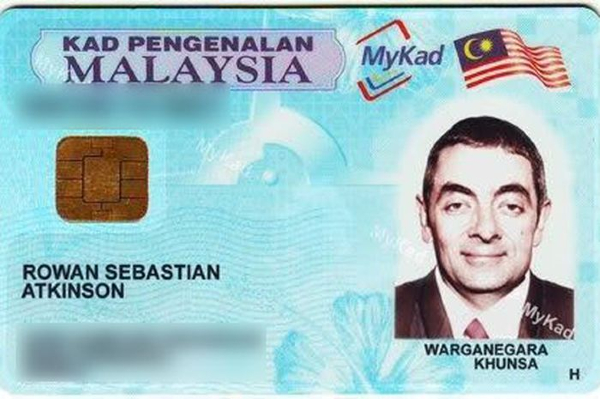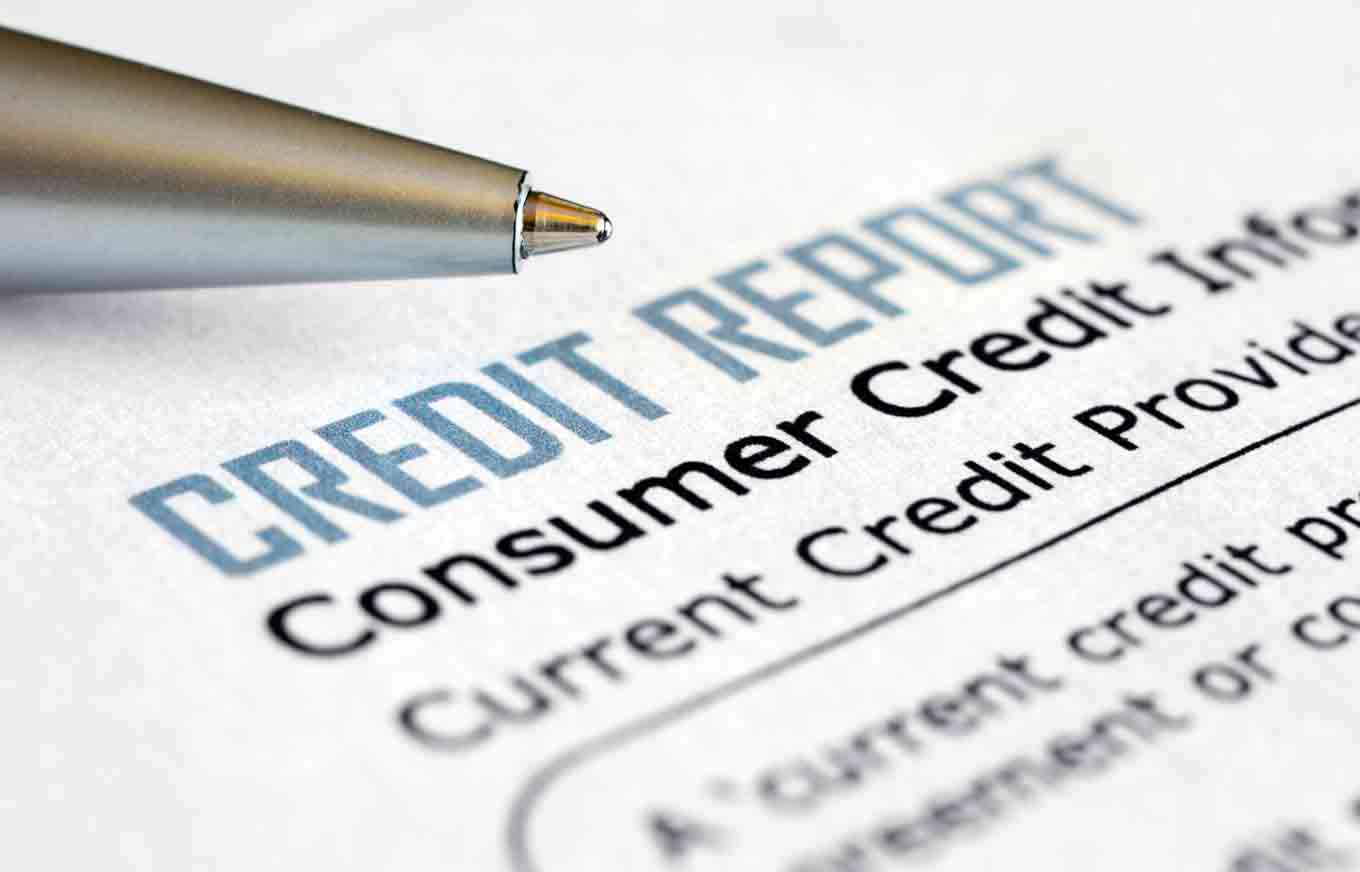Reaching adulthood, you’re bound to hear this term tossed about when you’re applying for loans, getting financial help, finally getting a credit card, etc — CCRIS!
CCRIS stands for the Central Credit Reference Information System, a government body by Bank Negara Malaysia (BNM).
It gathers credit information from Malaysian financial service providers such as insurance brokers, banks, and even Malaysian telecommunication companies like Maxis and Digi.
At length, the Credit Bureau collects credit-related information of individuals, companies, businesses, societies, and more relevant parties that have borrowed from participating Malaysian financing institutions.
Details such as the borrower’s profile, business registration number, credit application/account details, and legal action status are required to be reported and updated to the Credit Bureau regularly.
Confused? It’s okay! To sum up that wall of text, CCRIS compiles alllll the credit information about a borrower or soon-to-be borrower into a standardized credit report with a credit score.
After that, this credit report and score is available for financial institutions or individuals such as company directors to access.
Now THIS is how banks determine whether you’re eligible for credit cards/loans or not!
661-781
Strong
Excellent credit record. You’ll be viewed as a preferred bank customer and would most likely be approved for credit products.
581-660
Good
Normal credit record. You’ll be viewed as a good bank customer, but may still be turned away for certain credit products.
461-580
Fair
Below average credit record. You may face trouble getting approval for bank products.
201-460
Weak
Bad credit record. You’ll be viewed as a high risk for banks.
Making Your Credit Score Healthy – What You Should Do
Keeping your credit score healthy means it’s easier to get approvals for credit cards, loans, financing, and even better (read: lower) interest rates for credit cards and repayment!
For the shopaholics out there, a good credit score also means that you’re more likely to be approved for higher spending limits so you won’t have to sell your internal organs for that new iPhone.
Swag aside, now that we know just how awesome a good credit score is, just how can you, or I, achieve it? Well, don’t say we didn’t tell you…
1) Check your credit report regularly
You don’t need to do it daily, but every once in a while should suffice. The reason to check? Just so you’re always on your toes about your credit score and whether or not a new issue has appeared.
It could be anything from unpaid parking summons to a legal lawsuit filed against you. Always keep tabs on your credit report!
2) Build your credit history
With 2 magic words: Credit. Card. One of the lessons a friend shared when she bought her first home was, “Get a credit card. Because the banks need to check your credit score and whether you’re eligible for a loan.”
Which pretty much sums up how a credit card builds your credit history.
Although you may be great at handling your finances, credit-rating agencies will view a lack of credit history as negative, since there’s nothing on paper to actually show your financial/repayment history.
3) Have credit diversity
This one’s fairly easy to achieve and super beneficial! Have a diverse list of different loans and accounts in your credit score — include things like credit card loans, personal loans, car loans, etc.
The more diverse it is the better (just like Malaysia!) as only having one type of debt could negatively affect the points you earn for your credit score.
4) Rearrange your repayment timeframe
If you read your credit report and you start to notice a pattern of ‘1s’, it’s not a good sign. It means that you’re about a month behind repayments, although it’s not entirely your fault.
It could be because the due date for your payments are earlier than the date your salary is banked in. If that’s the case, it’s wise to rearrange the timeframe for repayment with your bank.
Based on the credit report example given above, the section marked ‘N’ has numbers that’re corresponding to the months — 2015 Nov with 3, 2015 Oct with 2, and 2015 Sept with 1. Each count of 1 equates to a month of unpaid repayment.
With this as an example, it shows that you’re behind 1 month of repayment for September, 2 months for October, and 3 months for November. The higher the number, the more debt you’re accumulating as you go.
5) Think twice about your financial relationships
Whether it’s a healthy relationship or a toxic one, you be the judge of it. In terms of financial relationships, we mean a relationship where two or more parties share finances.
It could be you taking a loan or acting as a guarantor on behalf of your parents or spouse, or even sharing payments with other people.
In the case that they delay — or worse — default payment, it will be reflected on YOUR credit score, badly.
So, if you’re a guarantor it gets worse x2 as they don’t pay = your responsibility, hence, adding to your debt burden.
Why Is My Credit Score Bad? How Can I Improve It?
Missing out on payments and late repayments are just some of the factors that contribute to a lower or unhealthier credit score.
Although sometimes it can’t be avoided due to factors like loss of job or a sudden accident with high medical fees, knowing how it’ll affect your credit score educates you on saving some money away for a rainy day.
To prevent your credit score from getting even worse, here’s what you should avoid doing:
1) Changing your IC too many times
Photo on your IC looks ugly? You’ve moved 5 different houses since then? Did you know that every time you replace your IC, there’s a number on the back that indicates how many times you’ve replaced it?
As you’re constantly replacing your IC, you may be viewed as a person with high fraud risk as really, who replaces their IC 10 times in a year?
Not to mention you run the risk of being involved in identity fraud or stolen identity cases.
That’s how thieves use your identity to apply for loans, make extravagant purchases, or even max out your credit card; all of which affects your credit score negatively.
2) Being late on your repayments
Malaysians are notorious for being late for everything, but being behind on repayments is something you don’t want.
Your payment history reflects on how trustworthy you are with debt and also as a predictor of your future repayment behaviour.
If you’re frequently months behind on repayment for things like utilities and your phone bills, banks will think twice before approving your loan.
3) Own or apply for too many credit cards
Different credit cards have lots of different perks and freebies, but having too many credit cards can be detrimental to your health score.
Although it may mean that you’re quite smart to spread your money evenly with different banks, it’s still quite risky as what happens if you max out all your credit cards?
4) Max out your credit limit
This one’s a no-brainer. If you’ve got a good credit score your bank would be glad to increase your limit but if you don’t pay your credit card bills on time, that amounts to debt.
Maxing out your limit one too many times is another indicator that you have tendencies to splurge and you may have difficulties planning your finances wisely.
5) Default on a loan/Continuously applying
Defaulting on a loan means that you’re unable to repay your loan according to the T&Cs you’ve signed.
Having this as part of your history basically tells financial institutions that you’re not serious about repaying loans.
By all means, you should definitely avoid doing this as it just looks bad in general and decreases your credit score.
Avoid applying for new loans if you receive rejection after rejection, and focus on improving your credit score before you reapply.
I Know What CCRIS Is Now! What’s Next?
As grown-up as it sounds, CCRIS is quite simple to understand once you’ve got the hang of it and we’re pretty sure you’ve dealt with tougher things in life (like additional mathematics and complex romantic relationships).
But wait, there’s one more teeny-tiny thing you need to know about CCRIS!
You might notice a loan in your CCRIS report under a ‘Special Attention Account’. It seems insignificant, but it’s actually quite the opposite.
As per the Credit Bureau of BNM: “Loans reported under the Special Attention Account refer to impaired loans that the participating financial institution has placed under special monitoring (in view of recovering the loan or in the midst of collection).”
This means that they’re watching you veryyyy closely while the loan is being recovered, or while legal action is being pursued. When this is ongoing, the financial institutions cannot lend you money.
The Special Attention Account typically happens for Non-Performing Loans (NPL), but sometimes, it might be due to the AKPK’s negotiation of a special debt management schedule, or a bad cheque.
Regardless of what causes a Special Attention Account, you don’t want that tainting your CCRIS report, so as soon as you discover it, contact your financial institution to set things straight!
To sum it all up, basically be a good boy/girl when repaying debt, plan your finances wisely, and don’t fall into the trap of buying a phone every time a new one is released.
Like every other working adult out there looking to buy your own dream home, your credit score will either make or break your application for home loans and affect your interest rate repayment.
Relevant Guides:
-
How To Improve Your CCRIS: Do’s and Don’ts!
-
DSR: Here’s How To Calculate Your Debt Service Ratio In Malaysia!
-
Why Your CCRIS And CTOS Reports Matter!
Disclaimer: The information is provided for general information only. PropertyGuru International (Malaysia) Sdn Bhd makes no representations or warranties in relation to the information, including but not limited to any representation or warranty as to the fitness for any particular purpose of the information to the fullest extent permitted by law. While every effort has been made to ensure that the information provided in this article is accurate, reliable, and complete as of the time of writing, the information provided in this article should not be relied upon to make any financial, investment, real estate or legal decisions. Additionally, the information should not substitute advice from a trained professional who can take into account your personal facts and circumstances, and we accept no liability if you use the information to form decisions.








